Electricity and domotics Digital assistants
()Sort by
-

Amazon Echodot 5 Smart Assistant
53.99 €
-

Amazon Echo Dot 5 Smart Speaker
50.99 €
-

Hama Table Mount For Amazon Echo Dot 3
14.99 €
-

Google Home Nest Mini Smart Speaker
145.32 €
-
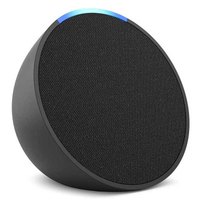
Amazon Echo Show 5 Smart Speaker
60.96 €
-
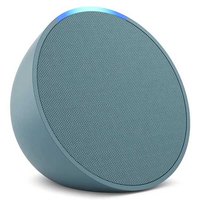
Amazon Amazon Echo Pop Smart Speaker
32.99 €
-

Amazon Echo Show 10 Smart Assistant
269.49 €
-

Amazon Echo Show 8 2nd gen Smart Speaker
138.99 €
-
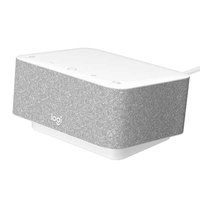
Logitech Logi Dock Videoconference Docking Station
381.99 €
-

Logitech Logi Dock MSF Teams Videoconference Docking Station
462.99 €
-
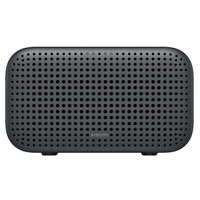
Xiaomi Smart Speaker Lite
19.49 €
-
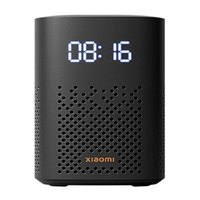
Xiaomi Smart Ir Control Smart Speaker
29.99 €
-
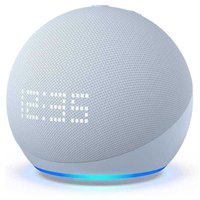
Amazon Echodot 5 Smart Assistant
79.99 €
-
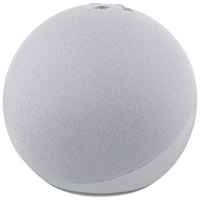
Amazon Echo 4 Smart Assistant
78.99 €
-

Amazon Echo 4 Smart Assistant
78.99 €
-

Amazon Echo Show 5 3 Gen Smart Speaker
75.99 €
-

Muvit Google Home Support
10.99 €
-

Google Nest Wifi Dual Band Digital Assistant
148.99 €
-
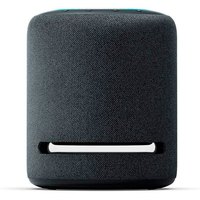
Amazon Echo Studio Digital Assistant
270.99 €
-

Amazon Echo 4 Smart Assistant
81.99 €
-

Barco CX-30 R9861613EUB2 Videoconference Docking Station
3018.99 €
-
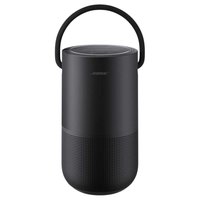
Bose Home Portable Smart Speaker
407.49 €
-

Amazon Echo Show 5 3 Gen Smart Speaker
75.99 €
-

Amazon Echo Dot New Smart Speaker
37.49 €
-
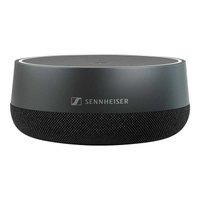
Sennheiser TeamConnect Smart Speaker
443.49 €
-
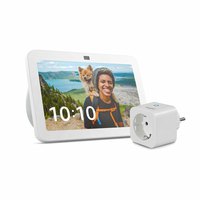
Amazon Echo Show 8 3rd Gen Smart Assistant
207.99 €
-
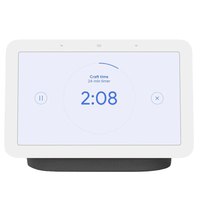
Google Nest Hub 2 Gen Smart Assistant
101.49 €
-
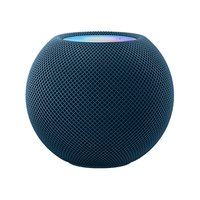
Apple HomePod Mini Smart Speaker
110.49 €
-
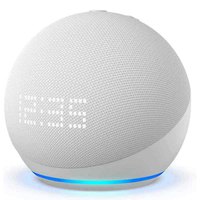
Amazon Echo Dot Smart Speaker
75.99 €
-
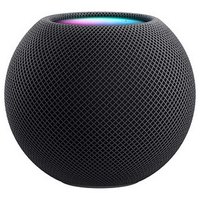
Apple HomePod Mini
110.49 €
-
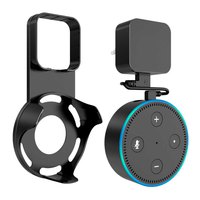
Onearz OE-OECOSMAED Wall Mount For Amazon Echo
9.49 €
-

Logitech Logi Dock Videoconference Docking Station
374.99 €
-

Defunc Home L mulitroom WiFi Speaker
279.99 €
-

Defunc Home L mulitroom WiFi Speaker
278.99 €
-

Defunc Home S mulitroom WiFi Speaker
180.99 €
-
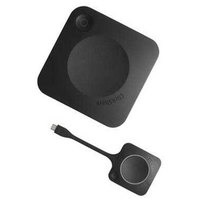
Barco C-10 R9861611EUB1 Videoconference Docking Station
1704.99 €
-

Barco CX-20 R9861612EUB1 Videoconference Docking Station
2380.99 €
-

Amazon Echo Show 8 Smart Speaker
157.99 €
-
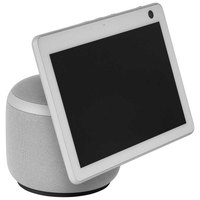
Amazon Echo Show 10 Smart Assistant
345.99 €
-
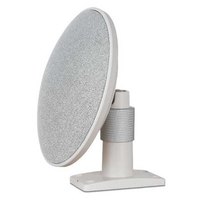
Laia T-Pod Air Pro Videoconference Docking Station
719.99 €
-
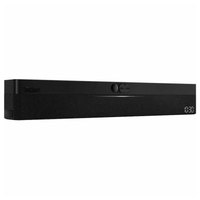
Lenovo ThinkSmart 12BS0001SP Videoconference Docking Station
3543.49 €
-

Google Nest Hub 2 Gen Smart Assistant
88.99 €
-

Amazon Echo Show 8 3rd Gen Smart Assistant
207.99 €
-

Barco C-5 R9861605EU Videoconference Docking Station
1102.49 €
-

Google Nest Mini Smart Speaker
59.99 €
-

Amazon Echo Dot 5 Owl Smart Speaker
91.99 €
-
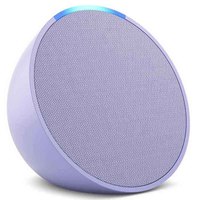
Amazon Echo Dot New Smart Speaker
33.99 €
-

Google Nest Audio Speaker
102.99 €
-
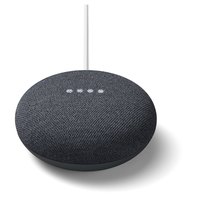
Google Nest Mini Smart Speaker
59.99 €
-
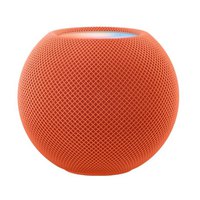
Apple Mini Homepod Smart Speaker
110.49 €
-

Amazon Echo Show 5 3 Gen Smart Speaker
75.99 €
-

Apple HomePod Mini
110.49 €
-

Apple Mini Homepod Smart Speaker
110.49 €
What is a smart assistant?
A digital assistant also understood as a chatbot is an advanced computer system that imitates a chat with the people who operate it, generally by the internet. Digital assistants utilize developed artificial intellect, natural speech processing, natural language knowledge, and device knowledge to understand as they move and deliver a personalized, talk experience. Incorporating recorded details algorithms can make data standards that recognize routines of behavior and then refine those routines as data is entered.Smart assistants are appliances that have different software that you utilize to access data, accomplish assignments, or manage other machines. You can keep a smart assistant on your laptop or smartphone, but most people utilize them via a smart speaker. Well known brands from which you can buy smart assistants are Xiaomi, Amazon, Apple, Belkin, and Google.
A smart speaker is a voice activated machine, which is a virtual associate that assists you with routine duties. A smart speaker also generally has several other attributes such as playing songs, creating reminders of meetings, and managing other smart home appliances in the home. The latter permits you to turn on lights or change the thermostat with an easy voice order. The most prevalent smart speaker brands include Apple and Belkin, though you can also buy speakers created by the preferences of Amazon and Google.
When choosing a smart assistant, it´s essential to consider several factors to find the one that best meets your needs and preferences. Here are some key points to consider:
Compatibility: Check the compatibility of the smart assistant with your existing devices and systems. Ensure that it integrates well with your smartphone, smart home devices, and other technology you use. Compatibility is crucial for seamless communication and control of your connected devices.
Features and capabilities: Evaluate the features and capabilities offered by different smart assistants. Consider what tasks you want your assistant to perform, such as playing music, setting reminders, answering questions, controlling smart home devices, or providing personalized recommendations. Compare the available options and choose the one that aligns with your desired functionality.
Voice recognition and natural language processing: Assess the voice recognition capabilities of the smart assistant. Look for one that accurately understands your voice commands and responds appropriately. Additionally, consider the natural language processing capabilities to ensure it can understand context, complex queries, and conversational interactions.
Ecosystem and third party Integrations: Consider the ecosystem of the smart assistant and the range of third party integrations available. A robust ecosystem allows for seamless integration with various apps, services, and smart devices. This flexibility enables you to expand and customize your smart home setup according to your preferences.
Privacy and security: Take privacy and security into account when choosing a smart assistant. Review the privacy policies and data handling practices of different providers. Look for options that prioritize user privacy, offer strong data encryption, and allow you to control and manage your data effectively.
User experience and interface: Consider the user experience and interface of the smart assistant. Look for a user friendly interface, intuitive controls, and easy setup processes.

























